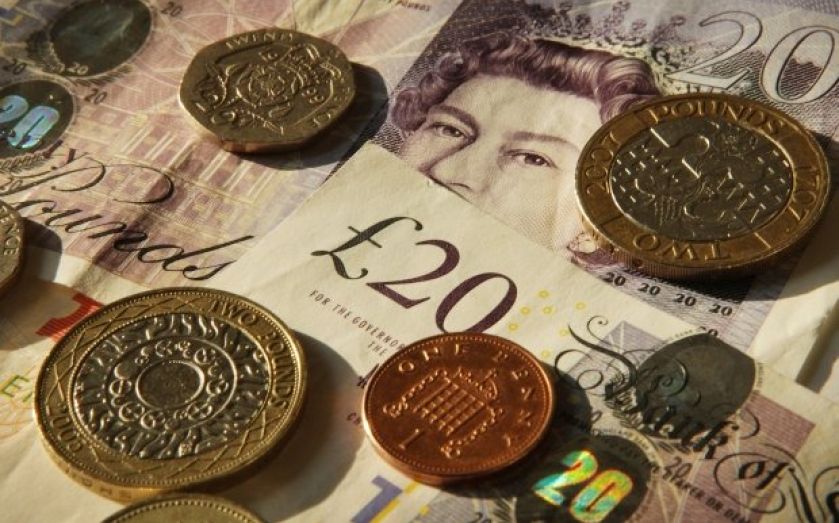Inflation falls to four and a half year low

Inflation keeps moving lower, having fallen below the Bank of England's two per cent threshold in January for the first time in four years.
Headline consumer price inflation has come in at 1.6 in the year to March, down from 1.7 per cent last month.
Analysts expected to see inflation at that level today – its lowest in four and a half years. That sees price growth at its slowest since October 2009.
Rob Wood, chief UK economist at Berenberg, says the data signals an ease of the consumer squeeze. After earnings rose above inflation last month, real wage growth is now returning "more vigorously" than expected.
The Office for National Statistics said that the biggest upward contribution to the headline number came from transport, particularly motor fuels. Downward pressure was seen from clothing, furniture, and household goods. Statisticians also see restaurants, hotels, alcohol, and tobacco as more costly in March.
The three main contributors to annual inflation over the last five years have been food, non-alcoholic beverages, housing, water, electricity, gas and other fuels, and transport (including motor fuels).
World First's Jeremy Cook says that an improving labour market now means it will be "prices, not payrolls, that governs the interest rate lever" at the Bank of England, as central bank policy guidance has shifted from a quantitative form to something more qualitative in nature.
But as Saxo Bank's Nick Beecroft puts it – there is "no inflation dragon for the Bank of England to slay".
Housing price growth is still shockingly high. In London prices are now rising at 17.7 per cent in the year to March according to the ONS, as tight rules on supply continue to limit new developments. Across the UK as a whole, annual house price inflation now stands at 9.1 per cent.
That's the first of our big inflation releases today. US data to come at 1.30pm.